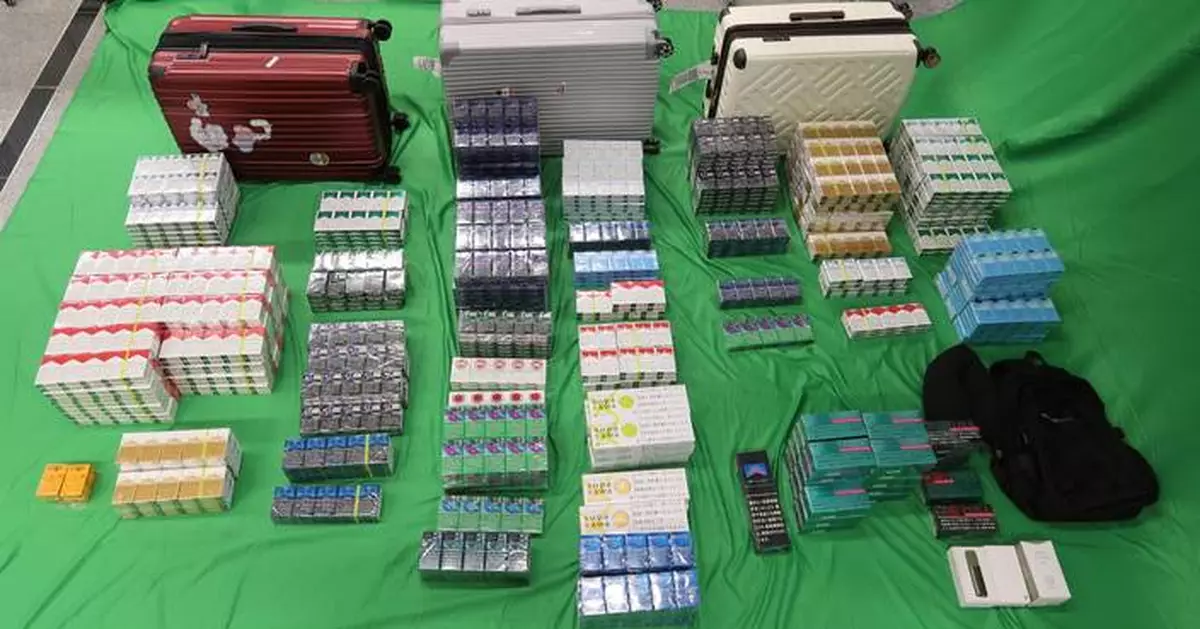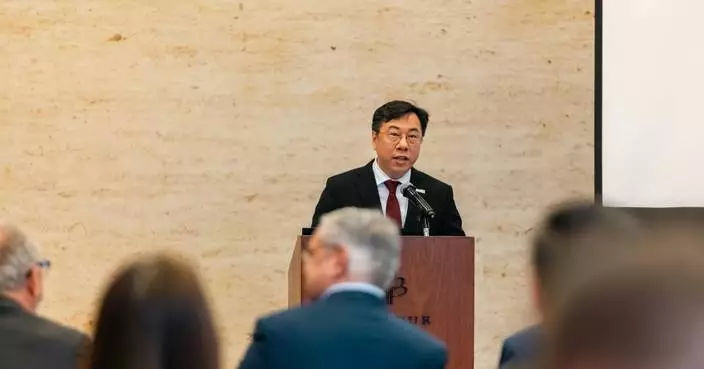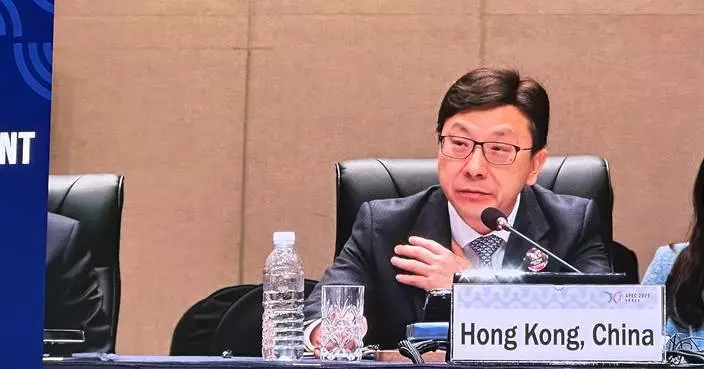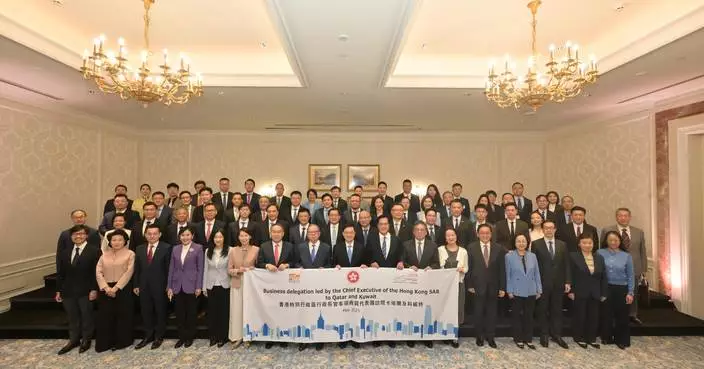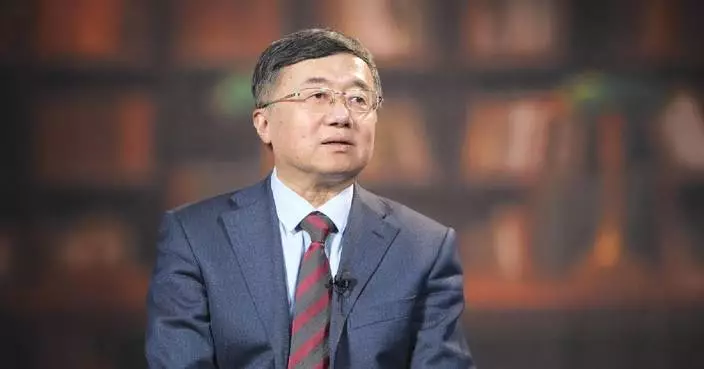Three incoming passengers convicted and jailed for possessing duty-not-paid cigarettes and importing alternative smoking products
A man and two women were each sentenced to four months' imprisonment and fined between $500 and $1,000 at the West Kowloon Magistrates' Courts today (April 25) for possessing duty-not-paid cigarettes and failing to declare to Customs officers, as well as for importing alternative smoking products, in contravention of the Dutiable Commodities Ordinance (DCO) and the Import and Export Ordinance (IEO).
Customs officers intercepted a 40-year-old incoming female passenger, a 36-year-old incoming male passenger, and a 30-year-old incoming female passenger at Hong Kong International Airport on February 18, February 26 and March 6. About 118 200 duty-not-paid cigarettes and about 7 000 alternative smoking products, with an estimated market value of about $518,000 and a duty potential of about $390,000 in total, were seized from their personal baggage. They were subsequently arrested.
Customs welcomes the sentence. The custodial sentence has imposed a considerable deterrent effect and reflects the seriousness of the offences.
Under the DCO, tobacco products are dutiable goods to which the DCO applies. Any person who imports, deals with, possesses, sells or buys illicit cigarettes commits an offence. The maximum penalty upon conviction is a fine of $1 million and imprisonment for two years.
Under the IEO, any person who imports an alternative smoking product into Hong Kong commits an offence. The maximum penalty upon conviction is a fine of $2 million and imprisonment for seven years.
Members of the public may report any suspected illicit cigarette activities to Customs' 24-hour hotline 182 8080 or its dedicated crime-reporting email account (crimereport@customs.gov.hk) or online form (eform.cefs.gov.hk/form/ced002).
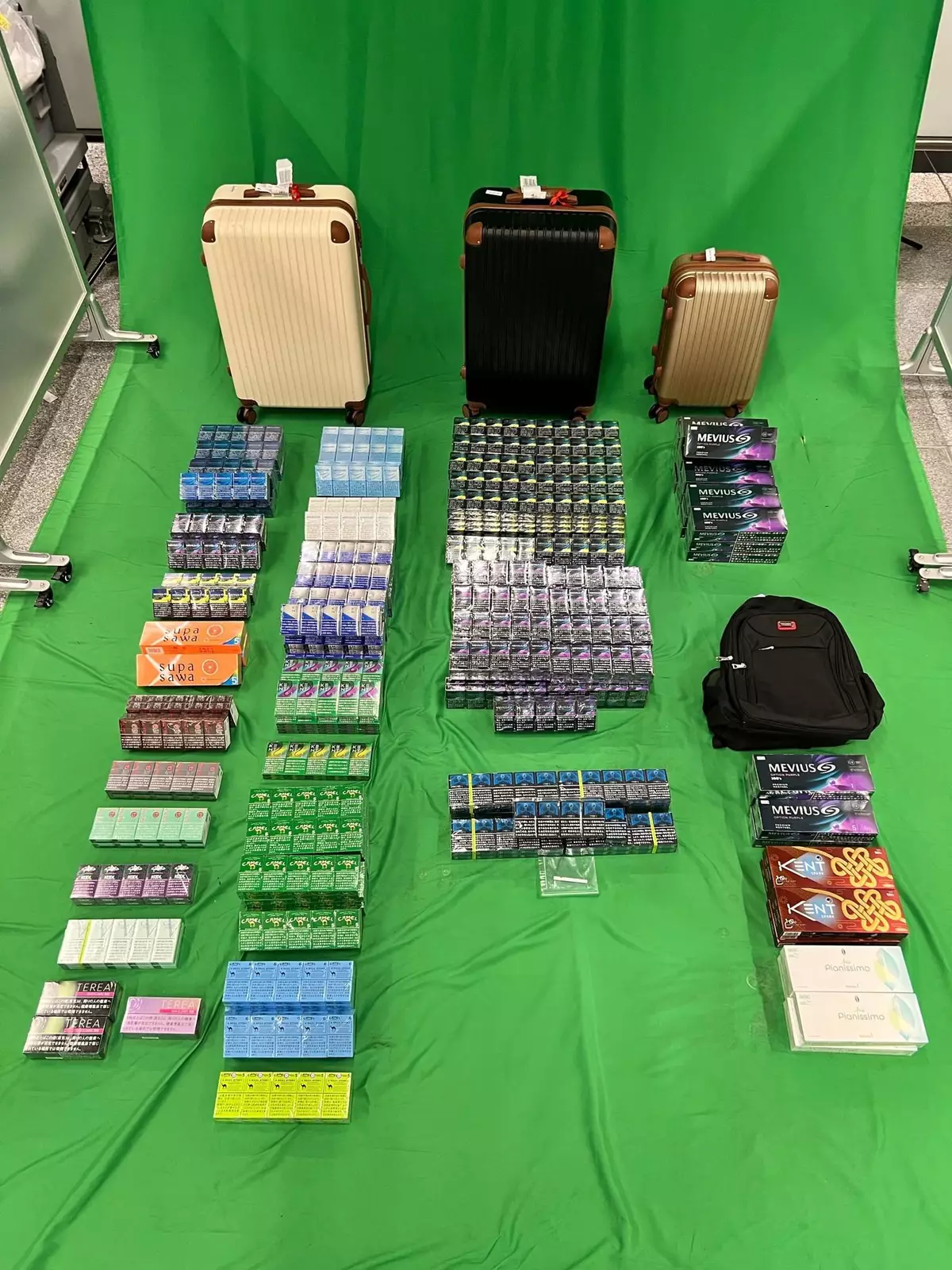
Three incoming passengers convicted and jailed for possessing duty-not-paid cigarettes and importing alternative smoking products Source: HKSAR Government Press Releases
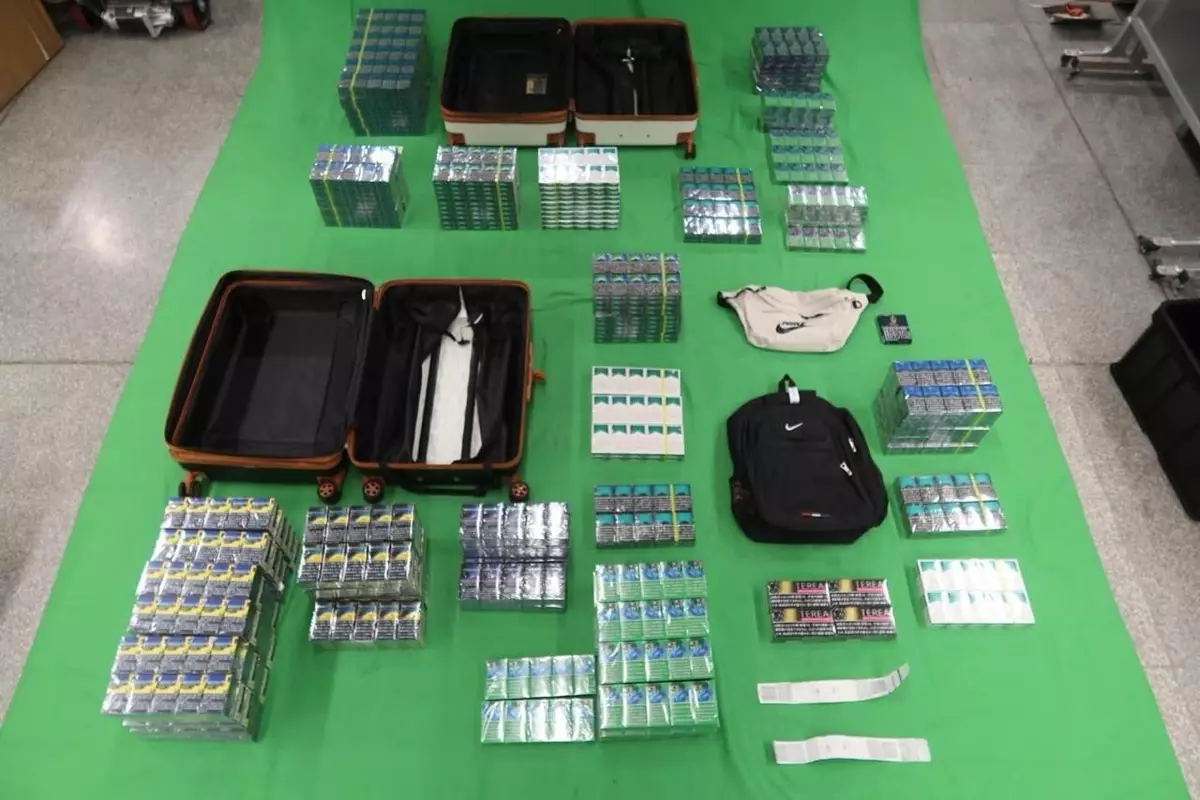
Three incoming passengers convicted and jailed for possessing duty-not-paid cigarettes and importing alternative smoking products Source: HKSAR Government Press Releases
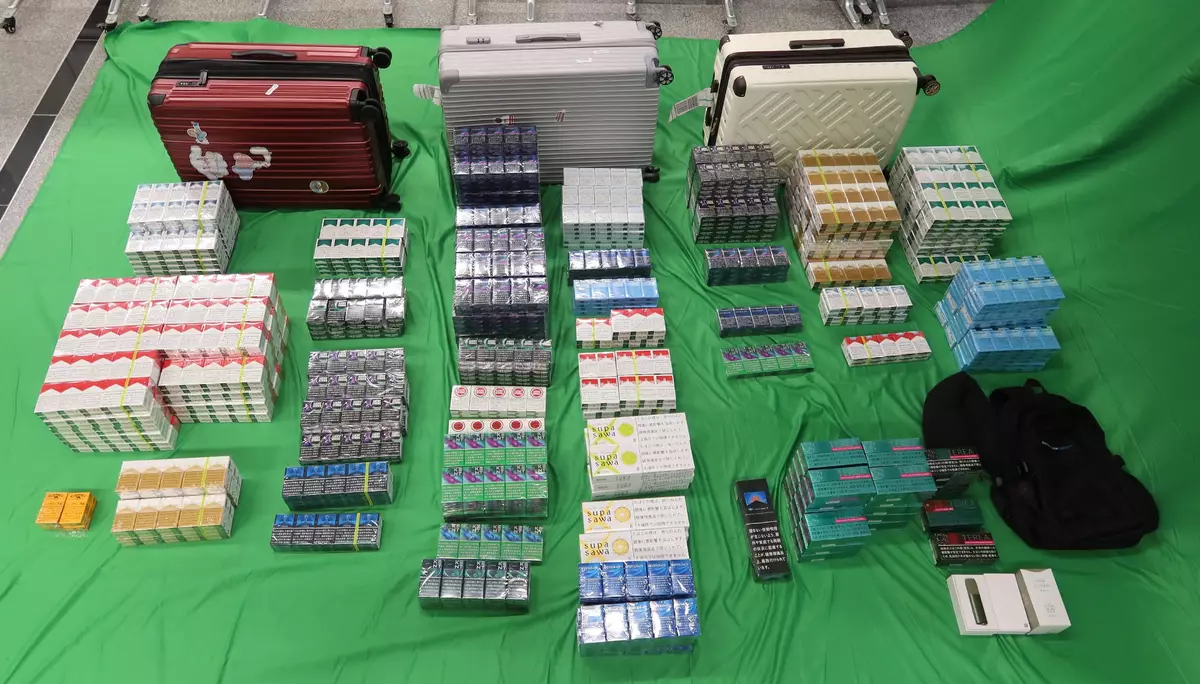
Three incoming passengers convicted and jailed for possessing duty-not-paid cigarettes and importing alternative smoking products Source: HKSAR Government Press Releases
Remarks by SJ and S for S after joint meeting of Panel on Security and Panel on Administration of Justice and Legal Services
Following are the remarks by the Secretary for Justice, Mr Paul Lam, SC, and the Secretary for Security, Mr Tang Ping-keung, at a media session after attending a joint meeting of the Panel on Security and the Panel on Administration of Justice and Legal Services this afternoon (May 12):
Reporter: The first question is regarding the timing of the Security Law. It was passed five years ago, and the (Article) 55 had never been used. Why does the Government choose this time to push this subsidiary bill? Is it related to ongoing trade wars or ongoing or future court cases regarding the Security Law? The second question was asked before. It's about the time frame of the bill. It was mentioned that it will be done as soon as possible, but is there an exact time frame for the whole bill? And are there any future arrangements to plug the current loophole in the Security Law?
Secretary for Justice: Your first question concerned why we pick this point of time to make subsidiary legislation pursuant to the Safeguarding National Security Ordinance. I think the answer is twofold. Firstly, as a matter of principle, it's very important for us to bear in mind that the Hong Kong SAR (Special Administrative Region) is under a constitutional duty to refine and perfect our national security legal system as well as its enforcement mechanism. And it has to be emphasised that this is a continuing duty. And in the light of the nature of this duty, it goes without saying that this important duty ought to be discharged as soon as possible.
The second point is that as a matter of practice, there's no doubt whatsoever that in the light of the very complicated geopolitical situation in the world, and having regard to actual hostile actions taken by some foreign countries against China and also Hong Kong, there's plainly a need to ensure that our national security legal system will be perfected and will be put in place so that we can be in a position to address all present and potential national security risks in an effective and proper manner.
As to exactly when the subsidiary legislation will come into existence, as we said, we will do so, in particular after hearing opinions and advice raised by members of the Legislative Council. We will try to complete our task as soon as possible. We will definitely let the public know once in a position to do so. And lastly, as to your last point, since we are under a continuing duty to refine and perfect our national security legal system, it must mean that we have to review the legal regime continuously. So in future, whenever we see the need to do so, we will definitely consider the possibility of making subsidiary legislation or to improve our system by whatever means within the boundary of the law.
(Please also refer to the Chinese portion of the remarks.)





